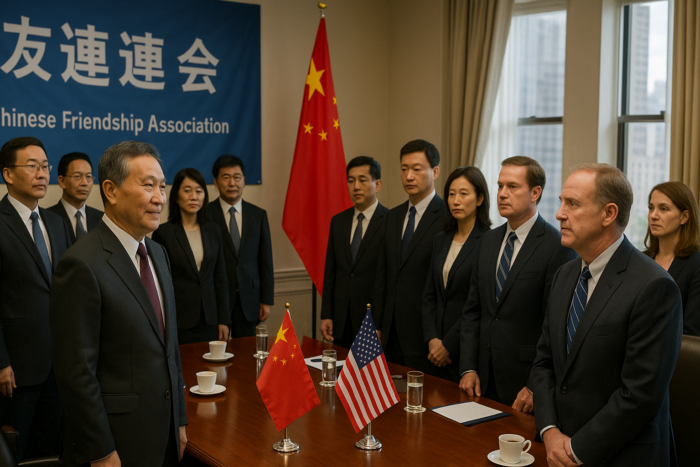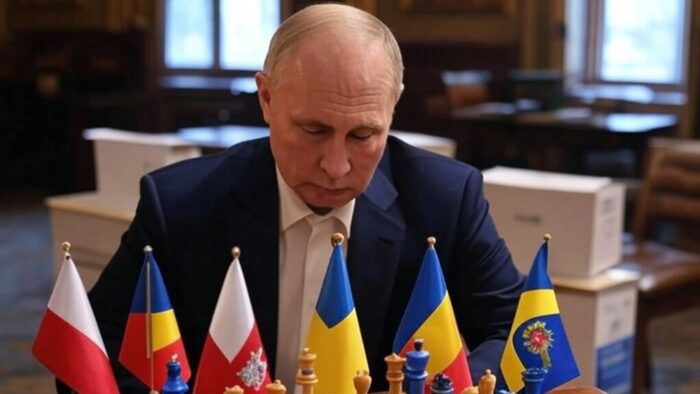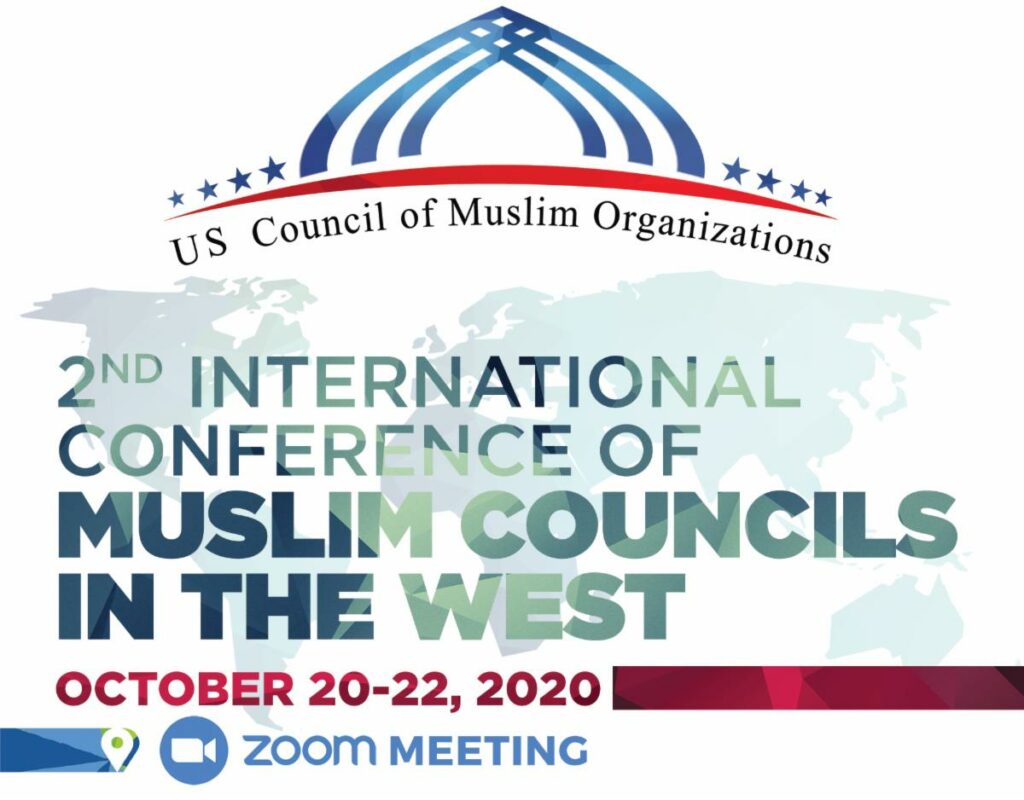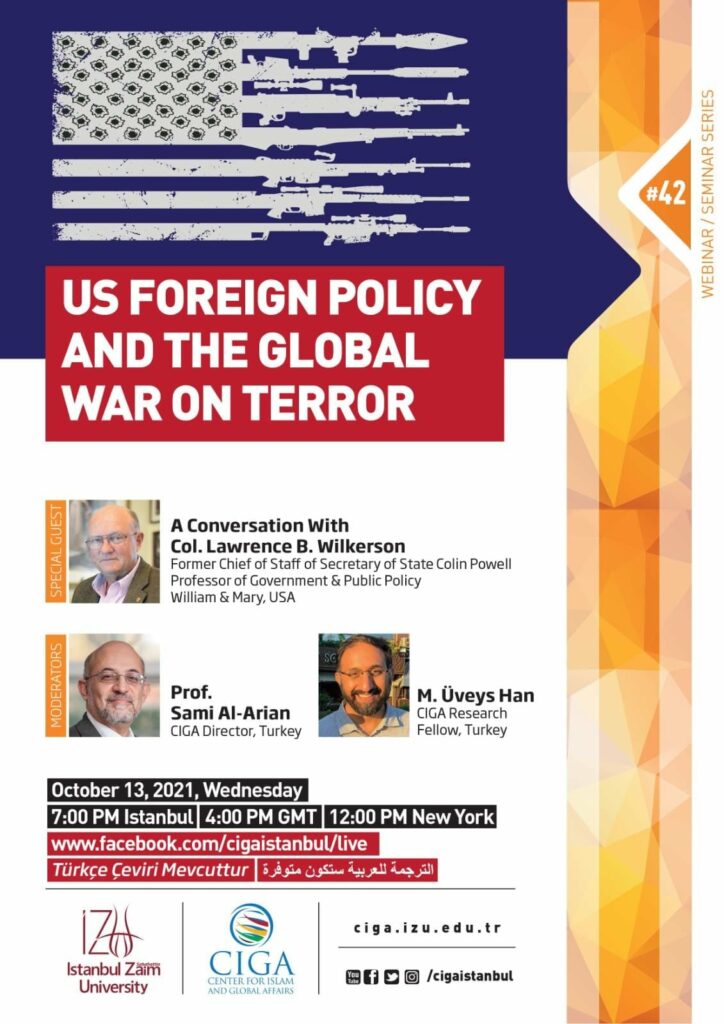On the eve of the 20th anniversary of 9/11, John D. Cohen, head of the Department of Homeland Security’s Office of Intelligence and Analysis, held a virtual presentation for members of the Muslim Public Affairs Council (MPAC). According to the MPAC website:
September 10, 2021 In light of the 20th anniversary of 9/11, join us for an intimate conversation with John D. Cohen, the head of the Department of Homeland Security’s Office of Intelligence and Analysis, to reflect on our national security and counterterrorism approach over the past two decades.
Read the post here.
Cohen is a senior counterterrorism official at the Department of Homeland Security and currently leads the Department’s Office of Intelligence and Analysis, charged with gathering intelligence about potential US security threats and alerting state, local, tribal, and territorial governments, as well as the private sector. In 2016, Cohen appeared to minimize the role of Islamist ideology in terror attacks, telling POLITICO:
What we are finding now is that would-be terrorists don’t simply reside in Muslim communities, and they don’t always come from a Muslim background,” says Cohen. “We’re finding it’s troubled people drawn to the life meaning that comes from being associated with a cause. Their understanding of Islam is scarce.”
During the presentation, Cohen said that the public described acts of terrorism, e.g., directed against Jewish communities, differently when the perpetrator was a white supremacist vs. when the action was carried out by an Arab-American, implying only the latter would be called a terrorist attack. Cohen was joined by long-time MPAC President Salam Al-Marayati, a former member of the Executive Committee of the California Democratic Party and who has served as a Clinton delegate at the 1996 Democratic Convention. Al-Marayati has a history of defending extremist groups and, in a talk radio show on 11 September 2001, suggested that Israel might have been behind the attacks.
The MPAC was established originally in 1986 as the Political Action Committee of the Islamic Center of Southern California, whose leaders had backgrounds suggesting they were associated with the Egyptian Muslim Brotherhood. Over the years, MPAC has morphed into a non-profit social welfare organization, describing its objectives as a “public service agency working for the civil rights of American Muslims, for the integration of Islam into American pluralism, and for a positive, constructive relationship between American Muslims and their representatives.” MPAC has repeatedly opposed counterterrorism efforts proposed or carried out by the US government, often suggesting that they were targeting people based on race and religion. MPAC has also defended and/or justified violence carried out by Islamic groups. Nevertheless, MPAC has developed extensive relationships with US government agencies, including meetings with the Department of Justice and the FBI.
For more on MPAC President Salam Al-Marayati, go here.












